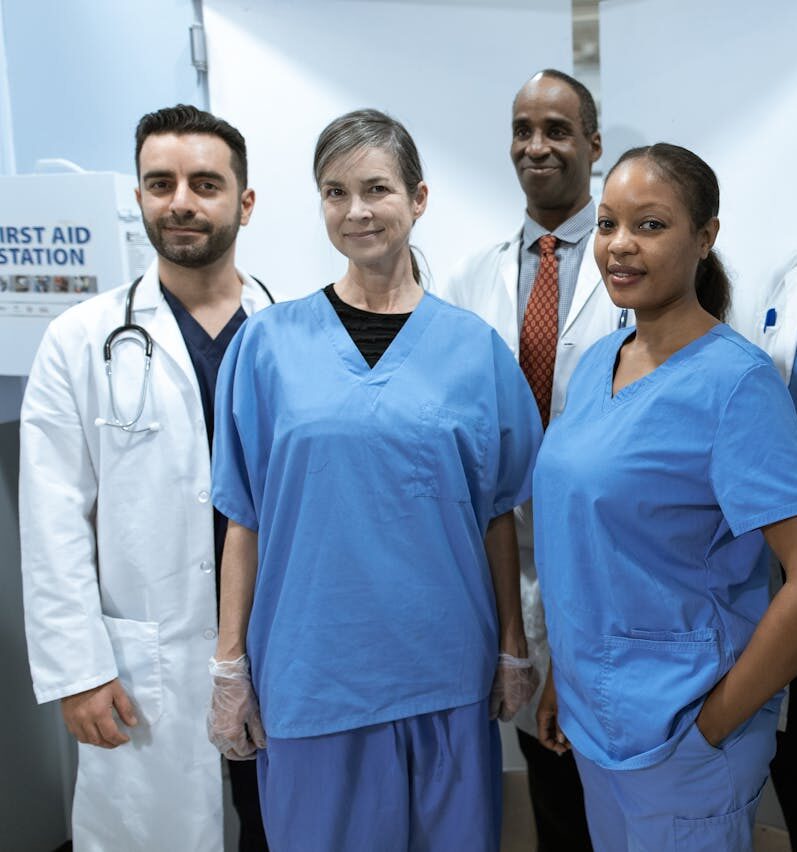
October 10, 2024
Healthcare Remains A Barrier In America, It Is Worst In These Five States
According to Forbes Advisor, the ability to access healthcare in America largely depends on the state in which a person is seeking healthcare
The American healthcare system has long been tied to employment and is one of the most inefficient and costly in the developed world, which makes it challenging to navigate. According to a recent Gallup and West Health survey, 55% of adult Americans can access and afford quality healthcare when needed.
According to Forbes Advisor, the ability to access healthcare in America largely depends on the state in which a person is seeking healthcare. Furthermore, inequality also shapes who gets access to quality healthcare.
As Uché Blackstock, a medical doctor and thought leader on bias and racism in healthcare, writes in her recently released book, Legacy, Black and Latinx patients have a history of being denied equitable access to healthcare in America.
In their comparison, Forbes Advisor ranked states according to where they stood across 14 metrics: the number of hospital beds per 1,000 residents, the number of primary care physicians per 10,000 residents, the number of specialist physicians per 10,000 residents, the number of nurse practitioners per 10,000 residents, the number of physician assistants per 10,000 residents, the percentage of need met in primary care provider shortage areas, the percentage of residents who lack health insurance coverage, the number of community health centers per 100,000 residents, the average annual premium for employees with single coverage through employer-provided health insurance, the percentage of annual health insurance premium covered by employers for employees with single coverage, the average annual deductible for employees with single coverage through employer-provided health insurance, the percentage of residents who chose not to see a doctor at some point in the past 12 months due to cost, the number of critical care physicians per 10,000 adults, and the number of critical care nurses and CRNAs per 10,000 adults.
Using this rubric, the five states with the least access to healthcare are Utah, Nevada, Texas, Arizona, and Georgia.
According to Zoi Galarraga, the Senior PR Digital Manager of Forbes Advisor, “Accessing affordable healthcare is a challenge for many Americans nationwide,” Galarraga told Newsweek. “Additionally, over 100 million Americans—nearly one-third of the nation— do not have access to a usual source of primary care, according to the National Association Of Community Health Centers.”
Galarraga continued, offering potential solutions to the problem, “According to The Department of Health and Human Services, digital solutions such as telehealth can improve access to primary care by reducing barriers related to transportation and expanding the ability to offer services in languages other than English.”
Galarraga concluded, “Having the best health insurance can also increase access to and reduce the cost of essential healthcare. Uninsured adults are less likely than those with health coverage to receive preventive and screening services on a timely basis and are less likely to have a primary healthcare provider.”